Kat Herriman: What’s the most important piece of advice you’ve gotten for being on stage?
Carl Craig: Usually when it is time for me to play, I like to watch some type of comedy beforehand. I look at DJing like comedic timing, you know? You play the right song at the right time and you have the people’s attention. You can have a routine but if the audience isn’t feeling it then it just doesn’t work. So I watch sets from the likes of Mike Epps, Kat Williams, early Eddie Murphy, Richard Pryor… these guys are how I really get inspiration to do what I do on stage. Comedians really know how to do it and that’s advice I take with me for sure.
KH: What’s the responsibility of an audience?
CC: The audience should be ready for anything.The audience can be completely locked into the perception of what they think you should be doing instead of who you actually are. With that in mind, they have to be prepared to go on a journey, and help the person taking them on that journey. The DJ isn’t necessarily a pilot who takes off, flies and lands smoothly, that's not the job. A performer is supposed to push the boundaries while they’re on stage, and the audience should definitely be on board. The DJ pushes you to open your mind to what a performance is, of what music is.
KH: Attention spans are declining—research found supportive data in Denmark—how does the attention economy affect the way you think about performance? How can performance be part of healing this deficit?
CC: I read this thing today about Virgin Airlines—they had a flight that took off from London to New York and they had to turn around because it was revealed that the copilot didn't have enough training. This article talks about how there is a large demand for pilots right now, a large demand for a lot of labor in general, and I think the mentality of many people has gotten to the point where, if you can't work from home, you don’t want to work. As a result, we’re getting to a point where DJs won’t even be able to travel to the parties.
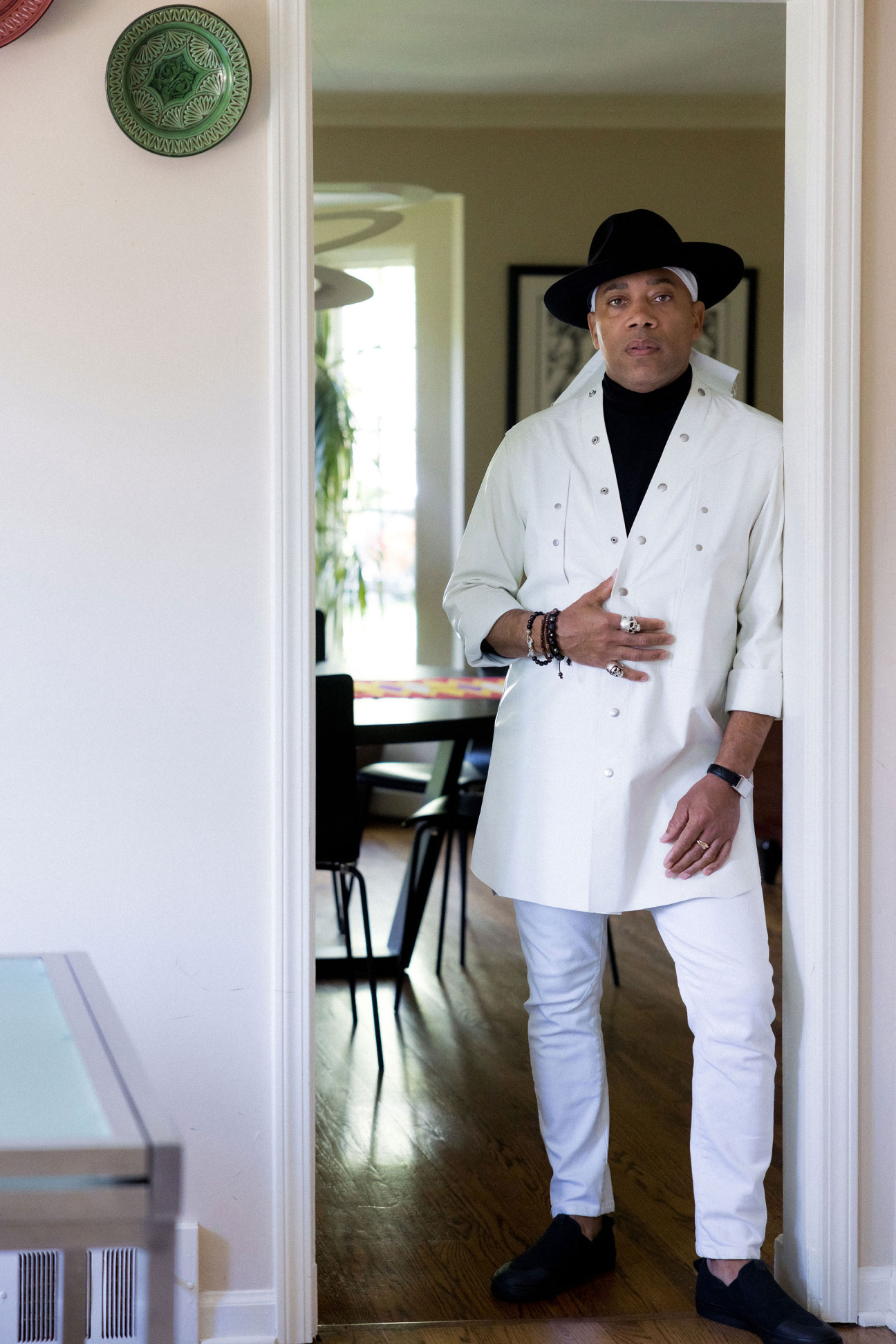
A performance is dependent on a lot of different things. How you’re going to get there, who’s going to get you there and then, once you’re at the venue, you need security, vendors, bartenders—we are totally dependent on the people’s attention to be involved in the daily rigamarole of the workforce. If they don’t have that day-to-day performance, it makes it more difficult for people to pay attention to what's going on at the party as well.
For instance, if your audience mainly cares about the energy that's being presented on stage, then that’s how you can keep their attention throughout a set. When you book Carl Craig, Carl Craig’s not going to jump around like a monkey and get everyone to put their hands in the air. Carl Craig’s role is to be a conductor or a soloist. He isn’t going to moonwalk across the stage and play air horns over every track. It’s a tough scenario because that might be the crowd’s expectation on that day. They have to be very proactive in their minds, interested in new learning experiences, and there are performances that are going to fall short.
KH: Does recording a performance for publishing purposes change how it feels to be on stage? What’s the relationship between your archive and your live work?
CC: Have you seen The Brady Bunch? There’s an episode where the youngest one, Cindy, goes on a kids’ game show and she’s so excited and ready to go. So they brief her and tell her that when the red light on top of the camera flashes that means she’s being recorded live to the whole of LA County. They get to that point and the red light comes on, and Cindy completely freezes, she couldn’t get a word out of her mouth because she was so overwhelmed by the fact that this light was on and she was being recorded.
When I record myself live, I have a different mentality than when I’m in the studio, where I know I can go back and fix something. But when I’m recording my work live, I know there’s no going back and I can’t fix it. When it’s being recorded and it goes straight on to the radio, for instance, Nicole Moudaber has been broadcasting my sets from Miami over the last couple of days, there is nothing I can fix.
So, for me, it’s best that I don’t even know it’s being recorded and that I just do what I do and then find out later that it’s recorded and deal with that separately. If I don’t know it’s being recorded, I can come off stage and have a clear mind about how I thought the performance went. Knowing that a set is going to be recorded is almost a mental handicap.
KH: What themes are you currently exploring in your work?
CC: I had to start looking at how I play as if I’m Tiger Woods playing golf: I’m trying to go for a perfect game. I’m trying to do something that I feel is as perfect as I can get it and that’s really my main theme when I’m playing. By the end, I want to feel like I played a perfect game and be confident in that.

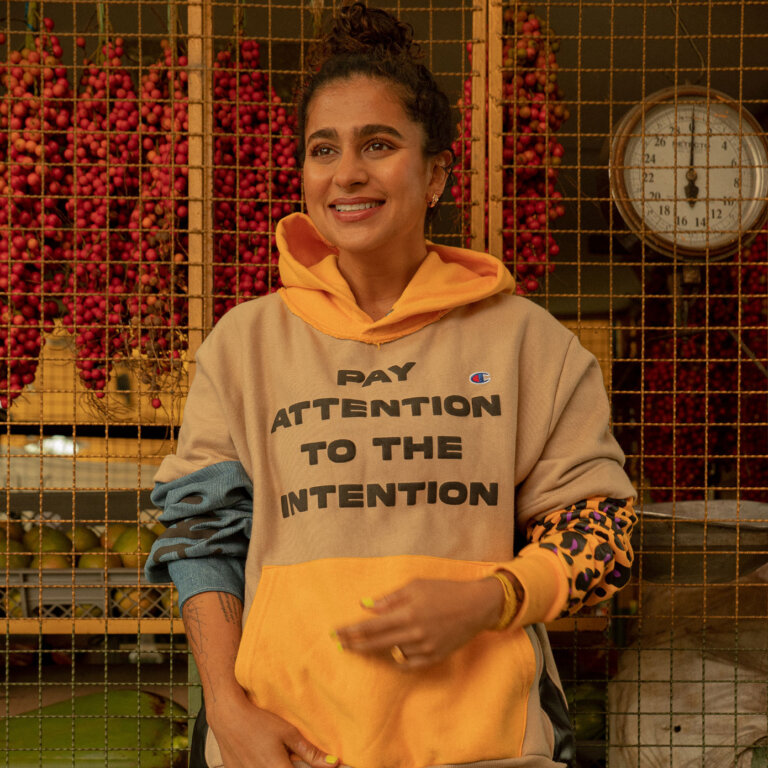

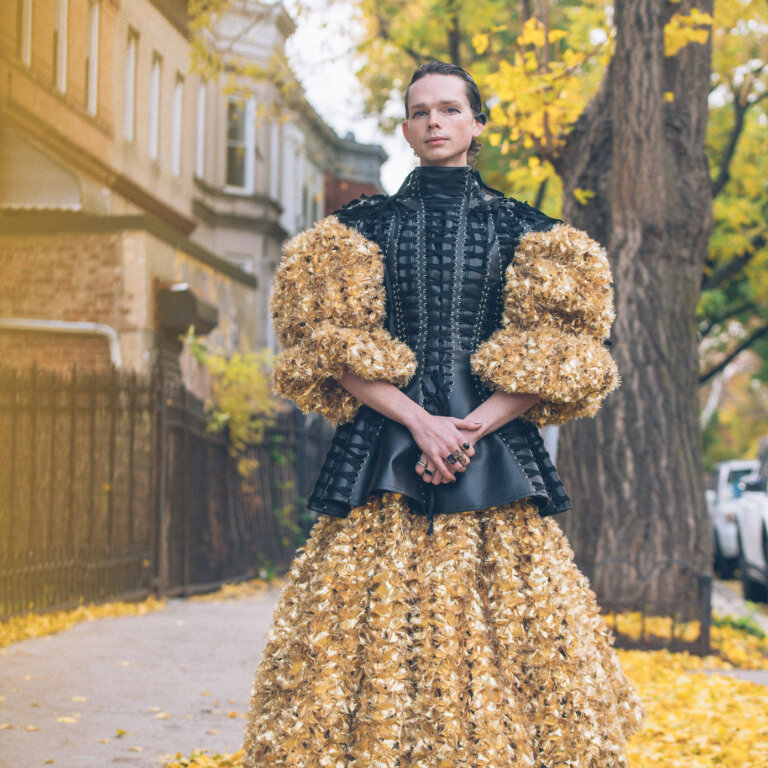
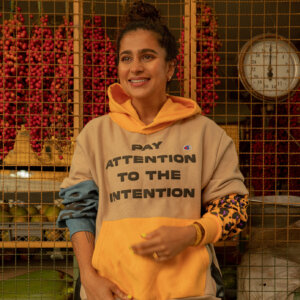

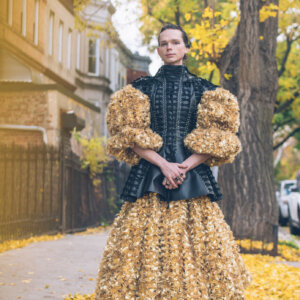



 in your life?
in your life?

